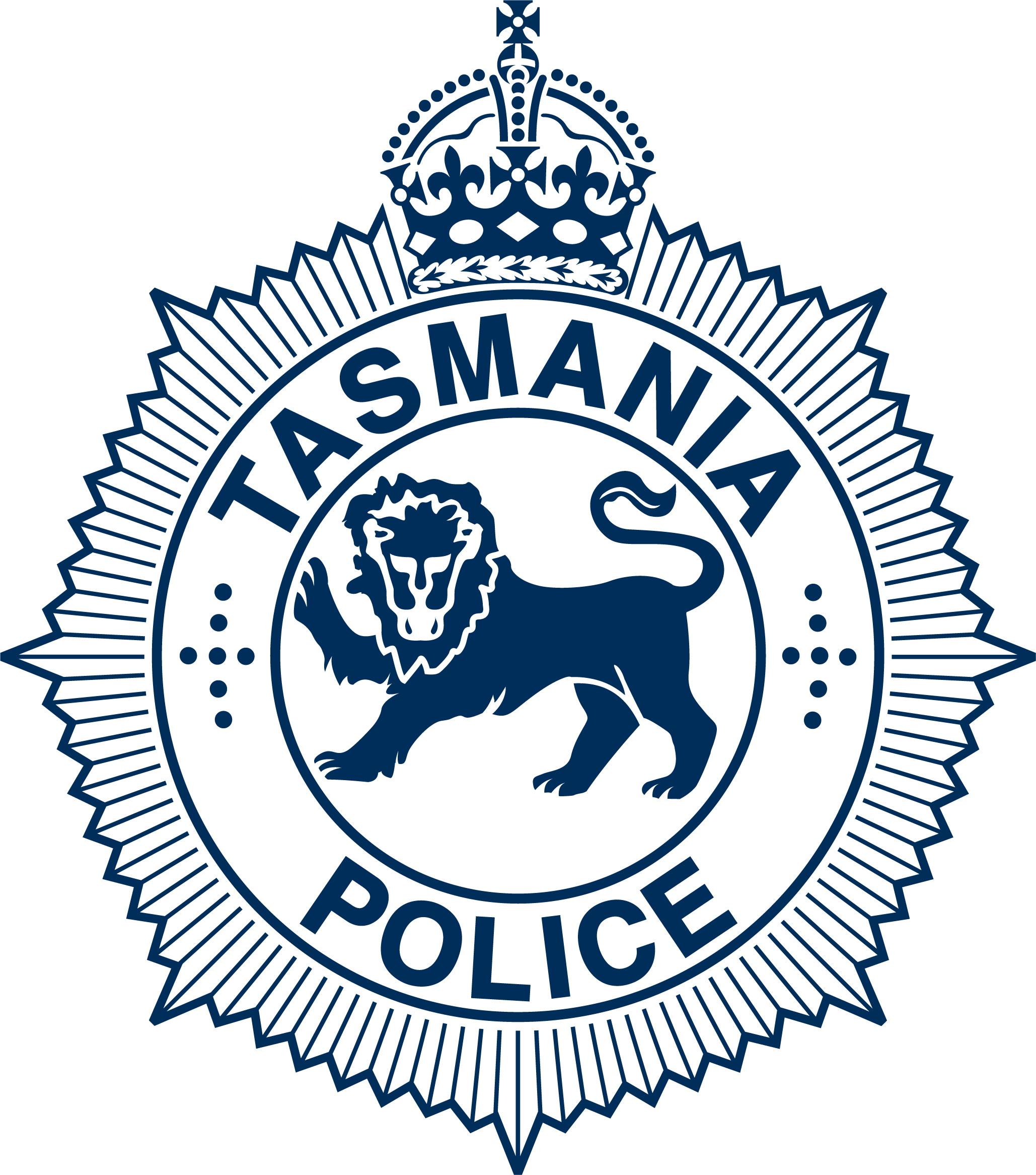Award for Tassie bullet expert who solved NZ murder case
A Tasmania Police officer will today be awarded for his crucial forensic work in solving a New Zealand murder case.
Sergeant Gerard Dutton’s ballistics evidence led to the conviction of a New Zealand motorcycle gang member for a shooting murder in 2007.
The Australian New Zealand Policing Advisory Agency’s (ANZPAA) National Institute of Forensic Science awards recognise published works that encourage those in the forensic industries to learn from each other.
Sergeant Gerard Dutton will be presented with the Henry Delaforce award for his paper titled: ‘A case study of the interpretation of extraordinary toolmarks on a fatal bullet’.
Sergeant Dutton said:
“The ballistics evidence in this murder case was extremely technical and complex.
“I was formally asked to review it by the New Zealand Police Commissioner as the New Zealand forensic work was inconclusive and they wanted an independent review.
“As it turned out there were some very unusual marks on the bullet that were produced by separate actions during the loading and firing process. .
“By identifying and examining these extraordinary marks on the bullet I was able to link the bullet to the gun and disprove the defendant’s argument that there was a second mystery shooter.
“Ultimately the case hinged solely upon being able to relate the bullet to the sawn off rifle used and for over four days in the New Zealand High Court I explained the significance of this evidence.
“My paper outlines how I approached my investigation and there are a number of lessons for other forensic ballistics officers.”
Sergeant Dutton’s work was published in the Journal of the Association of Firearms and Toolmark Examiners (AFTE).
The AFTE journal is a peer-reviewed journal and it is internationally recognised as the principal journal for firearms and toolmark publications.
Sergeant Dutton is a prolific contributor to forensic firearms literature and has recently been elected as a member of the Australian Field Forensic Science Accreditation Board (AFFSAB) as the ballistics representative.
University of Tasmania academics A/Prof Roberta Julian and Dr Sally Kelty will be presented with a joint award for the Best Chapter in a Book for their chapter titled: ‘The impact of forensic evidence on criminal justice. Evidence from case processing studies’.
Dean of the University of Tasmania Faculty of Arts, Professor Sue Dodds, congratulated the award recipients.
“We are very pleased the calibre of the academic work produced in our Tasmanian Institute of Law Enforcement Studies is being recognised in this way. The work of TILES has the power to make a real and positive impact on the field of police studies.”
The three recipients will be presented with their certificates today by the Chair of ANZPAA-NIFS, Tasmania Police Commissioner Darren Hine.



